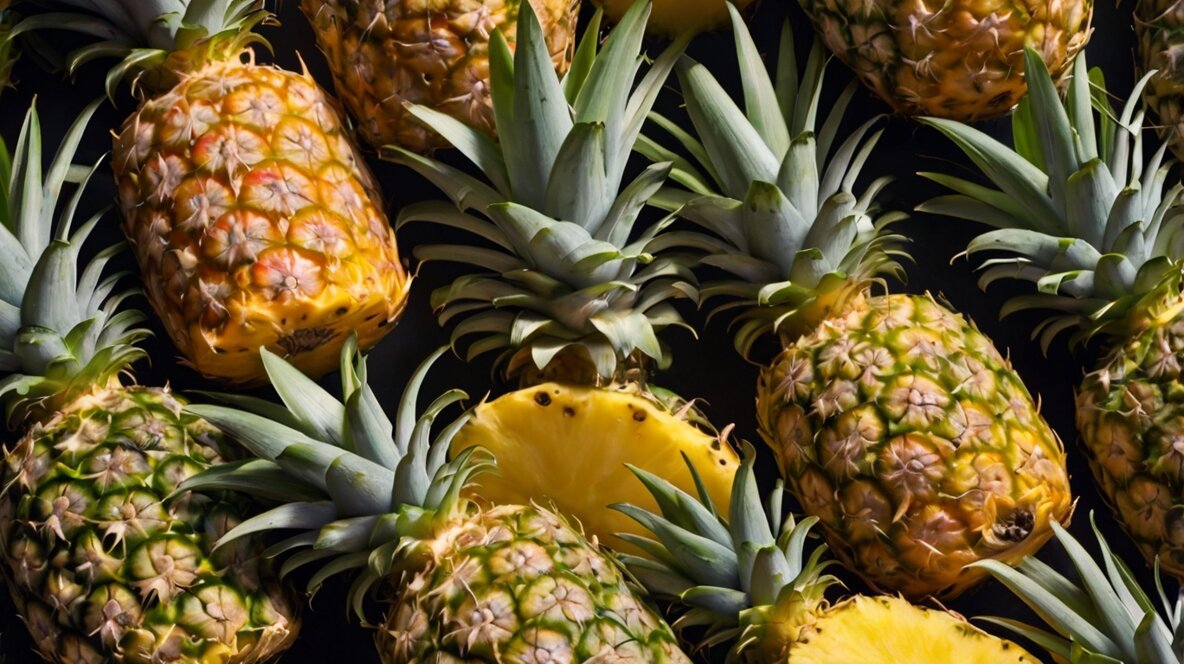Table of Contents
Can Dogs and Cats Eat Baked Beans Safely? Pros & Cons Explained. As pet owners, we want to share the joy of our favorite meals with our furry friends. After all, those puppy-dog eyes and persistent meows can be hard to resist! But when it comes to sharing human food with dogs and cats, it’s important to remember that not everything on our plate is safe for them. One common food people often wonder about is baked beans. So, can dogs and cats safely share baked beans? Let’s dive into the nutritional pros and cons to answer that question.
The Composition of Baked Beans
Baked beans are a tasty side dish made primarily from cooked beans in a sauce, which often includes ingredients like tomato, molasses, brown sugar, and spices. Though beans themselves are a good source of protein and fiber, the way baked beans are prepared for human consumption introduces several ingredients that may not be suitable for dogs or cats. Common additives like salt, sugar, vinegar, and potentially toxic seasonings like onion and garlic can pose serious risks to pets.
Key Ingredients Dogs and Cats Eat Baked Beans
- Beans (usually navy beans): Naturally high in protein and fiber, but heavy in carbohydrates.
- Tomato sauce: Typically acidic, which can be harsh on a pet’s stomach.
- Molasses and sugar: While humans enjoy the sweet flavor, these can lead to weight gain and other health issues in pets.
- Spices (garlic, onion, mustard): Highly toxic for both dogs and cats, even in small amounts.
Nutritional Pros and Cons of Baked Beans for Dogs
Pros
- Protein and fiber: Beans themselves are packed with protein and fiber, which can be beneficial for a dog’s digestion when consumed in moderation.
Cons
- Excessive sodium and sugar: The high salt and sugar content in baked beans can lead to dehydration, obesity, and other serious health problems for dogs.
- Harmful seasonings: Ingredients like garlic and onion are toxic to dogs and can cause anemia and gastrointestinal distress.
- Fat content: Baked beans can contain unhealthy fats that contribute to pancreatitis, especially in breeds prone to the condition.
Nutritional Pros and Cons of Baked Beans for Cats
Cats are obligate carnivores, which means their diet should primarily consist of animal-based protein. Unlike dogs, cats do not require carbohydrates as part of their diet. Therefore, baked beans offer very little nutritional benefit to felines.
Cons
- Protein mismatch: While beans contain protein, it’s plant-based, which isn’t ideal for cats who require animal proteins.
- High in carbohydrates: Cats cannot process carbs as efficiently as dogs, making beans unnecessary and potentially harmful in large amounts.
- Toxic seasonings and additives: Just like with dogs, the presence of garlic, onion, and other spices in baked beans can be dangerous to cats, leading to serious health complications.
Key Ingredients in Baked Beans and Their Effects on Pets
Tomato Sauce
The tomato base in many baked beans can be problematic for pets. Tomatoes are acidic and can cause digestive upset in dogs and cats, leading to vomiting or diarrhea. In concentrated forms, such as in sauces, these effects are more pronounced.
Molasses and Sugar
Excessive sugar intake in pets can lead to obesity, diabetes, and dental issues. Molasses, a common ingredient in baked beans, is essentially sugar syrup and should be avoided in pet diets.
Vinegar and Mustard
While not directly toxic, vinegar and mustard can irritate your pet’s gastrointestinal system, causing discomfort, bloating, and gas.
Toxic Ingredients to Watch Out For
Baked beans often contain two major culprits that can be highly toxic to pets: garlic and onion. Both of these ingredients are known to damage red blood cells, leading to anemia in dogs and cats. Even small amounts can be harmful, and the symptoms might not show up immediately, making it crucial to avoid these ingredients altogether.
Short-Term Effects of Baked Beans on Dogs
If a dog consumes baked beans, you might notice immediate signs of discomfort such as:
- Gas and bloating: Due to the high fiber content and added sugars.
- Upset stomach: Resulting in vomiting or diarrhea.
- Lethargy: A reaction to excessive salt, sugar, or seasonings.
Short-Term Effects of Baked Beans on Cats
Cats are even more sensitive to the ingredients in baked beans than dogs. Short-term effects include:
- Digestive upset: Cats may experience vomiting, diarrhea, and general lethargy.
- Increased thirst: Due to the high salt content in baked beans.
Long-Term Health Risks for Dogs Consuming Baked Beans
If a dog regularly consumes baked beans, the long-term effects can be severe, including:
- Obesity: Caused by the high sugar and fat content.
- Pancreatitis: Inflammation of the pancreas, which can lead to vomiting, dehydration, and abdominal pain.
- Liver and kidney damage: Due to excessive salt and sugar intake over time.
Long-Term Health Risks for Cats Consuming Baked Beans
For cats, long-term exposure to the unhealthy ingredients in baked beans can lead to:
- Weight gain and diabetes: Caused by excessive sugar and carbohydrates.
- Compromised kidney function: The high sodium content can damage the kidneys, which are already vulnerable in many cats.
Can Small Amounts of Baked Beans Be Safe for Pets?
If your pet accidentally ingests a small amount of baked beans, it’s unlikely to cause any major health issues right away. However, the cumulative effects of even small amounts can be harmful over time. If your dog or cat sneaks a bite from your plate, monitor them closely for any signs of discomfort, and avoid making it a habit.
Alternatives to Baked Beans for Dogs
If you’re looking for healthy, bean-based alternatives for dogs, there are safer options. You can offer your dog plain, cooked beans like:
- Green beans: A great low-calorie, fiber-rich snack for dogs.
- Chickpeas: Full of protein and fiber, as long as they’re plain and unseasoned.
Alternatives to Baked Beans for Cats
For cats, stick to high-protein, low-carb treats that cater to their carnivorous needs. Some safe alternatives include:
- Cooked chicken or fish: Packed with the animal-based protein they need.
- Cat-safe legumes: Certain beans, like black beans, in small amounts and unseasoned, can be okay for cats on occasion.
What to Do If Your Pet Eats Baked Beans
If your pet eats a small amount of baked beans, monitor them closely for any signs of distress. If symptoms like vomiting, diarrhea, or lethargy persist, it’s best to contact your vet. If you suspect they’ve ingested a significant amount, especially if the baked beans contained garlic or onion, seek veterinary attention immediately.
Conclusion
While baked beans might be a delicious treat for humans, they are not a safe option for dogs or cats. The high levels of sugar, sodium, and toxic seasonings can cause both short-term discomfort and long-term health problems in pets. Always be cautious about what foods your pets have access to, and stick to treats specifically designed for their dietary needs.
FAQs
Can dogs and cats eat beans at all?
Yes, but only certain types of beans, like green beans or plain chickpeas, and in moderation. Avoid baked beans or beans cooked with seasoning.
How much garlic or onion is toxic for pets?
Even small amounts of garlic or onion can be toxic to dogs and cats. A dose of around 15-30 grams of garlic per kilogram of body weight can cause dangerous toxicity.
Are there any beans safe for pets?
Yes, plain, cooked beans like green beans, chickpeas, or black beans can be safe for pets, as long as they are unseasoned and served in moderation.
What are the signs of poisoning from baked beans?
Symptoms include vomiting, diarrhea, lethargy, excessive drooling, and, in severe cases, difficulty breathing.
How can I ensure my pet’s diet is safe?
Stick to pet-approved food and treats, avoid table scraps, and consult your vet for any specific dietary concerns related to your pet’s breed, size, or health condition.



